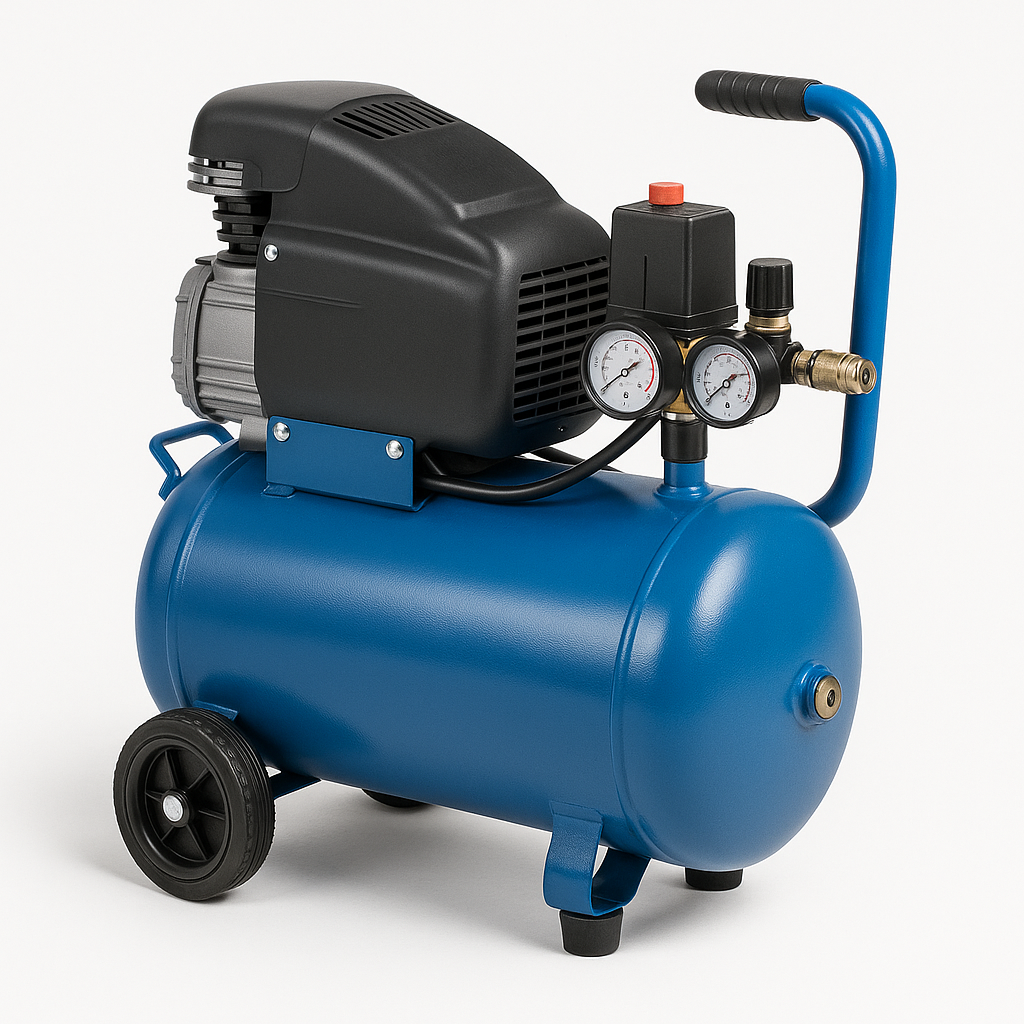10 Times You'll Have To Learn About Buy A Compressor For The Garage

The Ultimate Guide to Buying a Compressor for Your Garage
A garage is not simply an area for parking vehicles; it can be a multifunctional office for DIY enthusiasts and mechanics alike. Among the most flexible tools you can have in this area is an air compressor. Whether you're inflating tires, powering pneumatic tools, or painting, a compressor can make your tasks simpler and more effective. However how do you understand which one to buy? This guide will cover whatever you require to think about when buying a compressor for your garage, together with a detailed comparison table of popular designs, and responses to regularly asked questions.
Comprehending Air Compressors
Before diving into the specifics of purchasing a compressor, it's important to grasp some standard ideas:
- Pressure (PSI): Pounds per square inch; suggests the amount of pressure the compressor can provide.
- Cubic Feet Per Minute (CFM): Measures the volume of air the compressor can provide at a certain pressure.
- Tank Size: The volume of the storage tank determined in gallons. A larger tank provides a buffer of compressed air, permitting for longer tool usage.
Selecting the correct mix of these elements depends on your planned use, so let's break down the choices.
Kinds of Compressors
1. Portable Compressors
These little, light-weight units are ideal for home usage and can easily be stored when not in use. Ideal for pumping up tires or small air tools, portable compressors generally vary in tank size from 1-6 gallons.
2. Stationary Compressors
Larger and more effective, these compressors are often utilized in professional settings but can also be helpful in a garage for heavy-duty tasks. Tank sizes can surpass 30 gallons and are usually capable of offering high CFM scores.
3. Oil-Free vs. Oil-Lubricated
- Oil-Free: Requires less upkeep and is ideal for tasks like pumping up tires where high output isn't essential.
- Oil-Lubricated: Tends to be more resilient and capable of handling more demanding tasks, but does need regular maintenance.
Secret Features to Consider
When acquiring a compressor for your garage, consider the following functions:
| Feature | Description | Value |
|---|---|---|
| PSI Rating | Try to find a compressor with adequate PSI for your tools; 90-120 PSI is typical for many tools. | Guarantees compatibility with your air tools. |
| CFM Rating | Constantly inspect the CFM of the compressor against your tool's requirements. | Important for tool performance and performance. |
| Tank Size | Larger tanks can offer more air for longer durations. | Lessens downtime when using air tools. |
| Source of power | Compressors can be electrical or gas-powered. | Gas compressors are portable but can be loud; electric is quieter but connected to a power source. |
| Noise Level | Search for compressors with lower decibel rankings if sound is a concern. | Necessary for comfort in a residential location. |
| Mobility | Weight and wheel style can considerably impact how easy it is to move. | A portable compressor can be a huge benefit. |
Popular Compressors: A Quick Comparison Table
Here's a comparison of some popular designs for home garage usage:
| Model | PSI | CFM | Tank Size (Gallons) | Type | Price Range | Perfect Use |
|---|---|---|---|---|---|---|
| Porter-Cable C2002 | 150 | 2.6 | 6 | Portable | ₤ 150-₤ 200 | DIY & & light jobs |
| California Air Tools 8010 | 120 | 3.10 | 8 | Portable | ₤ 200-₤ 300 | Inflating tires, painting |
| DEWALT DWFP55126 | 165 | 2.6 | 6 | Portable | ₤ 150-₤ 250 | Nailers, little tools |
| Industrial Air ILA1883054 | 135 | 6.4 | 30 | Stationary | ₤ 500-₤ 700 | Sturdy tasks |
| Bostitch BTFP02012 | 90 | 2.6 | 6 | Portable | ₤ 150-₤ 250 | DIY, light work |
Often Asked Questions (FAQ)
1. What size compressor do I need for tire inflation?
Generally, a 1-6 gallon portable compressor with a PSI score of a minimum of 90 need to be adequate for inflating car tires.
2. Is it better to have an oil-free or oil-lubricated compressor?
If you choose low maintenance, an oil-free compressor is the way to go. For extended Kompressor Für Garage Kaufen and heavy work, think about an oil-lubricated model.
3. Can I use a compressor inside your home?
Yes, but guarantee proper ventilation and consider sound levels. Electric compressors are generally quieter and cleaner than gas-powered models.
4. How do I preserve my compressor?
Routinely inspect for leakages, keep the air filter clean, and carry out oil changes on oil-lubricated models.
5. What tools can I run with an air compressor?
Typical tools include nail guns, spray weapons, air ratchets, impact wrenches, and sanders. Constantly inspect the CFM requirements against your compressor.
Investing in a compressor for your garage can substantially improve your DIY tasks and maintenance tasks. With numerous types and functions offered, it's necessary to evaluate your specific needs-- whether that's powering air tools, pumping up tires, or simply having a reputable source of air. By understanding the vital requirements and comparing popular models, you'll be fully equipped to make a notified buying decision that serves your garage well for several years to come.

